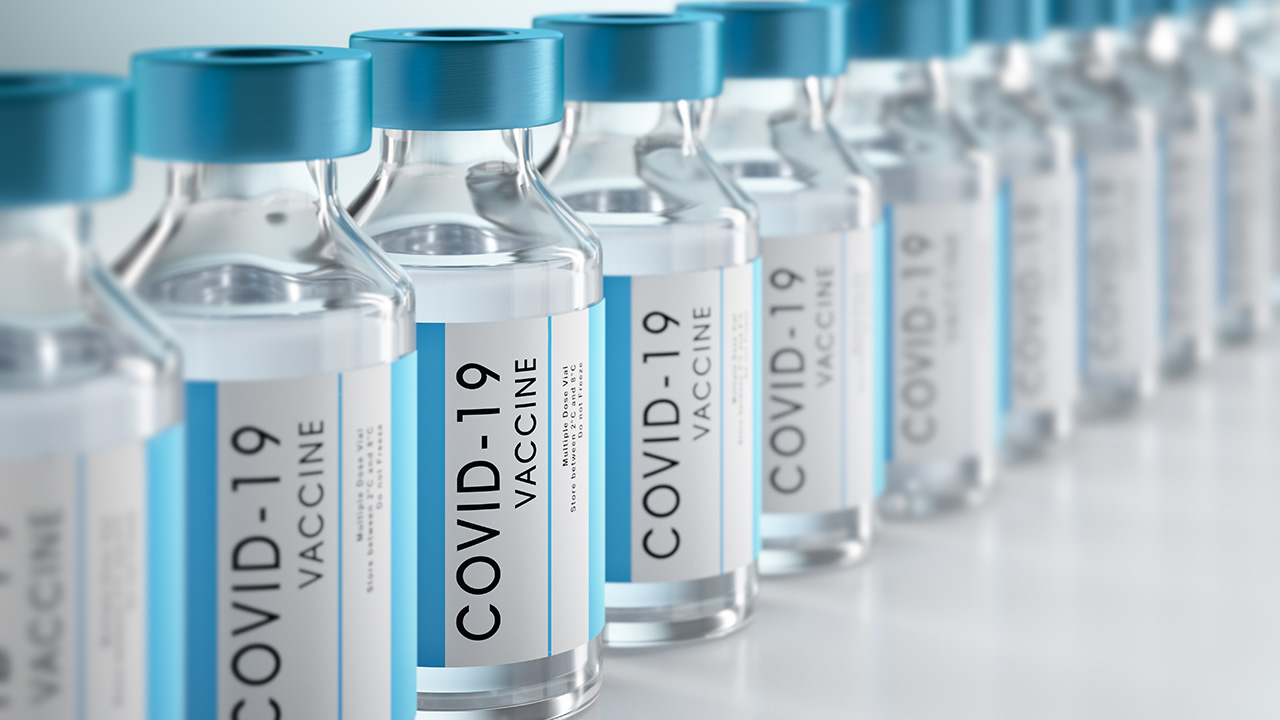Moderna SARS-CoV-2 vaccine mounts stronger antibody response in hemodialysis patients
In patients undergoing hemodialysis for kidney disease, two doses of the Moderna SARS-CoV-2 vaccine elicited a stronger antibody response than two doses of the Pfizer BioNTech vaccine 12 weeks after the second dose, found new research published in CMAJ (Canadian Medical Association Journal).
The study included 129 patients undergoing dialysis who received the Pfizer BioNTech (BNT162b2) vaccine and 95 who received the Moderna (mRNA-1273) vaccine. The goal was to measure the antibody response after vaccination in this immunocompromised population.
The findings are part of a larger study assessing COVID-19 vaccine effectiveness among people living with chronic kidney disease, a collaboration between Sunnybrook Health Sciences Centre, University Health Network, Unity Health, Ontario Renal Network, BC Renal Agency and IC/ES.
Patients with end-stage kidney disease are at increased risk of COVID-19, and death rates range from 9% to 28% in this group.
Twelve weeks after the second dose, patients who received the Pfizer BioNTech vaccine had lower antibody levels.
"The decline in SARS-CoV-2 antibodies at 12 weeks after vaccination in those who received BNT162b2 is concerning because levels of anti-spike and anti-RBD generally correlate with levels of neutralizing antibody, which have been inferred to provide protection against symptomatic SARS-CoV-2 infection," writes Dr. Michelle Hladunewich, a nephrologist and associate scientist at Sunnybrook Health Sciences Centre, Toronto, Ontario, with coauthors.
This study contributes important information to the evidence base, as there is lack of evidence on the comparative effectiveness of SARS-CoV-2 vaccines in generating an immune response in this population.
"Further population-based studies will be required to corroborate whether the differences in immunogenicity correspond to decreased vaccine effectiveness, but pending these data, immunogenicity has already been used to guide vaccine policy decisions in other at-risk groups, including older adults and transplant recipients," write the authors.
Based on these findings, the researchers recommend a timely third dose to protect this vulnerable population.



